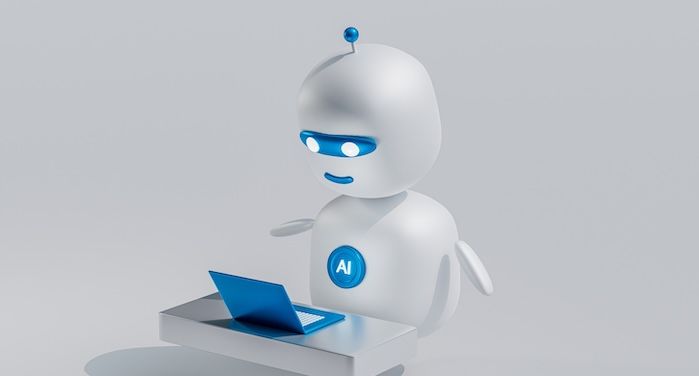
This content contains affiliate links. When you buy through these links, we may earn an affiliate commission.
Welcome to Today in Books, our daily round-up of literary headlines at the intersection of politics, culture, media, and more.
PRH Adds AI Prohibition to Copyright Pages
In a move that appears targeted to the European Union market, where copyright holders already have legal protection to opt their work out of data mining, Penguin Random House will add language to its copyright pages that expressly prohibits use of the material for training AI technology. As Gizmodo‘s Todd Feathers notes, the policy differentiates PRH from other large publishers that have agreed to license content to AI companies. The question of whether tech companies’ unlicensed use of copyrighted material qualifies as fair use is still working its way through the courts here in the U.S., so it is unclear—and will be for some time—whether PRH’s updated language will have any real impact on how U.S.-based AI companies train their models, or if they will be closer to the meaningless copypastas your boomer uncle occasionally posts on Facebook. Or as The Verge‘s Emma Roth puts it, “What gets printed on that page might be a warning shot, but it also has little to do with actual copyright law.“
Will this be a warning shot heard ’round the globe? PRH is the largest publishing house in the world, and this is a strong signal about the direction its leaders want to take the industry on the AI issue. Implicit here, as well, is that PRH must believe there is more money to be made in protecting its material—and in being known as a publishing house that does so, never underestimate the power of good PR when authors are panicking—than in charging AI companies to license it. I’ll be waiting with great interest to see if other publishers follow suit and, ultimately, if this actually serves to protect authors and their work.
New York Times and ProPublica Accuse John Grisham of Poaching Material for New Book
John Grisham, more accustomed to ripping stories from the headlines than making headlines himself, has come under fire from the New York Times and ProPublica for allegedly poaching their reporting for his latest book Framed, a nonfiction collection about wrongful convictions.
The Times says Grisham’s book “draws comprehensively and without appropriate attribution” from “Blood Will Tell,” a two-part series written by prominent criminal justice reporter Pamela Colloff in 2018. Colloff, who works jointly for the Times and ProPublica, reported on the disputed conviction of Joe Bryan, who was found guilty of his wife’s 1985 murder despite evidence suggesting he was 120 miles away when it took place.
No legal action has been reported at this time, but both the NYT and ProPublica told The Washington Post that they have requested changes be made to Framed to better credit Colloff’s work. Framed was published by PRH imprint Doubleday. ProPublica has indicated it is in conversation with the publisher about how to correct what it generously describes as a “concerning oversight.”
What Taylor Swift’s Target Book Deal Means for Publishing
On today’s Book Riot Podcast, Jeff O’Neal and I go deep into what Taylor Swift’s self-publishing move means for the industry (spoiler: everybody take a deep breath), the start of Percival Everett’s big awards season, TikTok’s first print books, and more.

